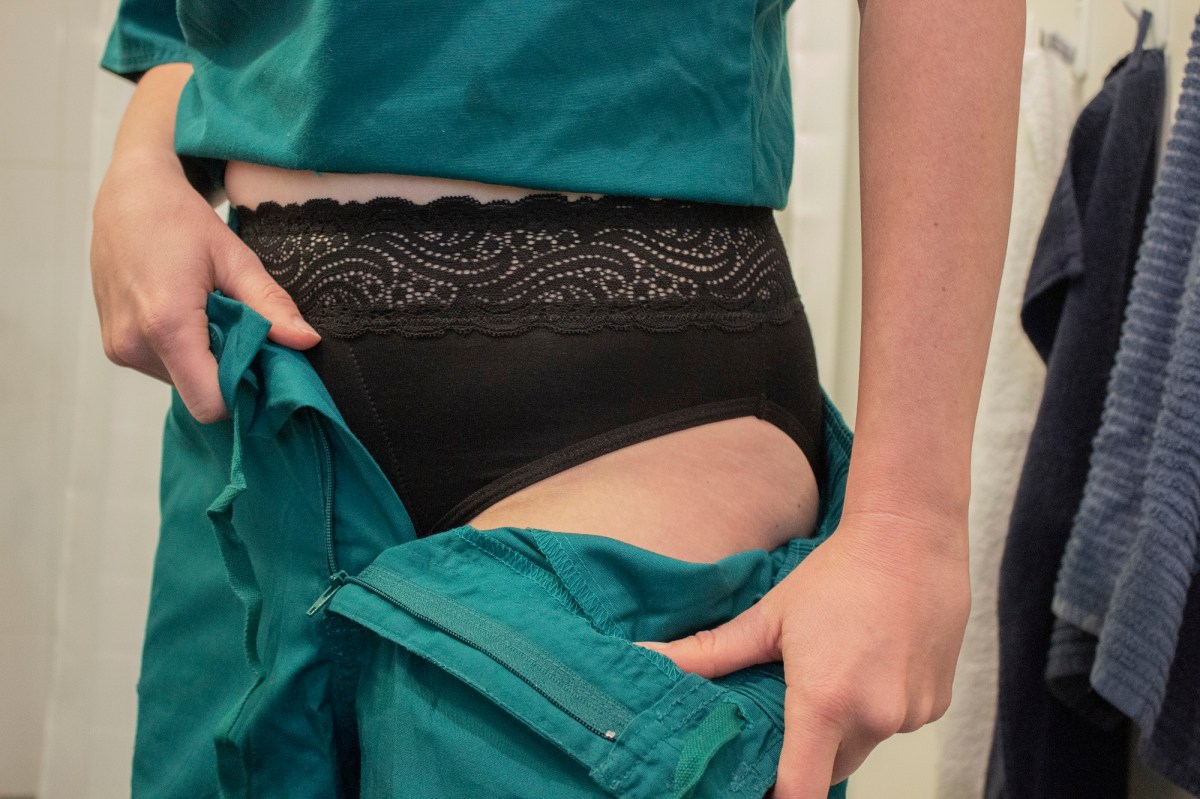Australian leak-proof apparel brand, Modibodi has become one of the first Australian companies offering paid menstrual, menopause and miscarriage leave for employees.
The new policy provides Modibodi employees with 10 additional paid leave days per year for menstruation, menopause discomfort or in the event of a miscarriage. This leave is in addition to personal leave entitlements.
These additional paid leave days are specifically for staff experiencing menstrual or menopause symptoms which interfere with their ability to work, or in the event they suffer a miscarriage or pregnancy loss.
Speaking to Retailbiz, Modibodi CEO and founder, Kristy Chong said the policies are part of the company’s commitment to talk openly and honestly about periods, to normalise conversations about menstruation and to remove any stigma and shame associated with a normal, natural part of life.
“To help change those attitudes, we need to start in our own office, and this new policy is one action we can take now to help do that,” she said in a recent interview.
“We’re giving employees the option to take paid leave days for either menstruation, menopause or miscarriage, or to choose to work from home during days when they’re feeling discomfort. We want our staff to be able to be honest about their experiences by encouraging people to feel comfortable asking for support and understanding when they need it.”
Chong believes it’s important to break the stigma that periods are shameful, embarrassing or something to be secretive about with over half the population having them at some stage of their life.
“It is time we banish the shame associated with something that happens regularly and is natural. Modibodi’s vision is to break the stigma around women’s health topics and lead discussions to encourage women and men to openly discuss normal health issues.
“Let’s keep the conversation going so that menstrual self-care becomes commonplace at work, home and school and isn’t seen as a taboo subject. To do this, we need to work together to replace shame with understanding and empathy.”
When asked for her advice for other businesses interested in implementing this type of policy, Chong said it’s important to have an open discussion with your team to shape what the policy might look like and how it would work in reality. For example, who the staff member would need to contact to let them know they were taking a paid menstrual, menopause or miscarriage leave day, and to ensure it is communicated that the policy is available for use and not just tokenistic.
“This is a policy which needs to be established genuinely and with the understanding people can access it openly when they need it without any repercussions, it can’t be done for a PR benefit.”
Chong acknowledged that some people may view this type of policy as regressive and something which promotes gender inequality, but she doesn’t believe this policy plays into the stereotype of women needing extra TLC, time off or special treatment, nor should it impact a company’s likelihood to hire or promote female staff.
“Painful periods are a medical condition experienced by some, but not all people who menstruate, and the idea that companies might use this argument not to implement a policy which supports their staff seems regressive in itself,” she said.
“We’re constantly engaged in conversation with people about their experiences of menstruation, including those suffering debilitating conditions such as endometriosis, adenomyosis, dysmenorrhea, premenstrual dysphoric disorder and more, and we understand that for some people the symptoms they experience are significant and they shouldn’t have to ‘just put up with it’ or ‘just get on with it’.
“I believe this policy will boost productivity, loyalty and openness in our workplace, and I’ll be disappointed if it’s perceived by others as a regressive step for employees who menstruate, are going through menopause, or suffer a miscarriage. We’re doing what we feel is right for our employees and we’ve never been afraid to take action because of the backlash we might receive – and this is no different.”

